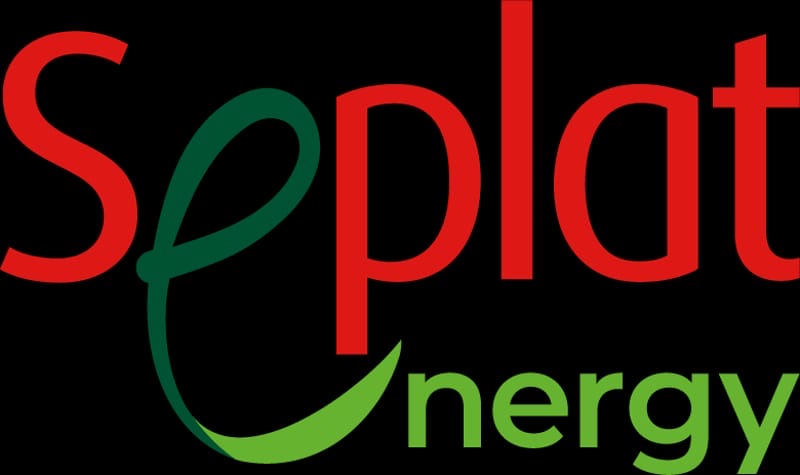With a significant rise in its gas reserves and production after the acquisition of Mobil Producing Nigeria Unlimited (MPNU) from Exxon Mobil, Nigeria’s major indigenous energy company, Seplat Energy Plc is aiming to start exporting gas to enable it boost foreign exchange (FX) earnings and maximise value to stakeholders.
The Managing Director of Seplat Producing Nigeria Unlimited (SEPNU), Mr. Dotun Isiaka, disclosed this during a panel session organised by the Petroleum Technology Association of Nigeria (PETAN) on the sidelines of the ongoing Offshore Technology Conference (OTC) 2025 in Houston, Texas, USA.
The session’s moderator and Executive Chairman of AA Holdings, Mr. Austin Avuru had asked Isiaka to talk about Seplat’s future plan in the Nigerian gas business, having acquired MPNU, that has substantial gas reserves that could serve both export and domestic supply.
In response, Isiaka stated, “The answer is really simple. It’s both. But let me make an overarching statement that Seplat believes in energy for all in the country. We believe that gas should be the primary source to power the economy.”
He expressed Seplat’s belief that indigenous participation was needed, noting that there needs to be indigenous leadership, and that the company believes that the expertise should come from within the country.
According to him, Seplat was front and center, playing a leadership role, stressing that a lot of collaboration would be required across the entire value chain to make it happen.
In terms of specifics around the company’s gas reserves and output, the SEPNU boss said, “I’ll start with the onshore. It’s true, as of today, we have a combined capacity between Oben and Sapele gas plant of around 550 million cubic feet per day. And in terms of what we are pushing through that system, it’s about 200 million short.
“There needs to be some effort to get additional gas from suppliers in that area. There is ANOH gas plants, 300 million cubic feet per day. It’s almost complete. It’s essentially complete.
“That’s another 300. Primarily, we wanted to go into the domestic market. But in the near term, we would have to make some stopgap arrangements to take it to energy.”
Referring to SEPNU, Isiaka said there are tremendous potential in the asset as well, saying the volume was approximately 14 trillion cubic feet (TCF) of gas.
He said the gas is close to existing infrastructure, adding that the company has three compression hubs in its offshore assets and a combined capacity of 1700 million cubic feet per day.
“So the 14 TCs is close to existing infrastructure. What needs to happen there is upstream expenses to bring the molecules to those compression facilities and then the pipeline to take it to shore. And we can play in both domestic market and in the export market.
“There’s enough gas to make sure that we satisfy both,” he concluded.












Leave a Reply